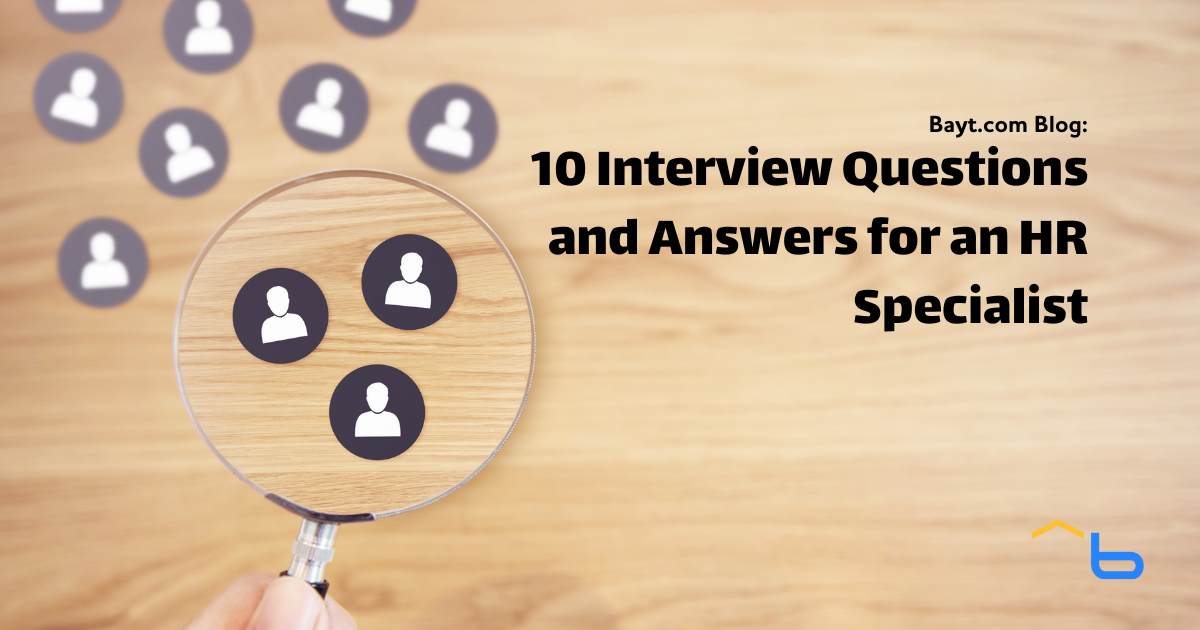
As a human resources (HR) specialist, you play a vital role in managing employee relations, recruitment, compliance, and workplace culture. Preparing for an interview in this field requires a strong understanding of HR practices and the ability to demonstrate your interpersonal and problem-solving skills.
Here’s a guide to common HR specialist interview questions, along with tips and sample answers to help you ace your next job interview.
This question tests your ability to handle one of HR’s core responsibilities.
Answer:
"In my previous role, I managed end-to-end recruitment for multiple positions, including posting job ads, screening candidates, and conducting interviews. I developed an onboarding process that reduced new hire turnover by 15% by incorporating detailed training plans and one-on-one mentorship sessions. My goal was to ensure new hires felt welcomed and prepared to succeed in their roles."
Conflict resolution is key in HR, and employers want to see your problem-solving skills in action.
Answer:
"I believe in addressing conflicts quickly and diplomatically. I listen to both parties to understand their perspectives, mediate discussions to find common ground and ensure a resolution that aligns with company policies. For example, I once mediated a disagreement between team members over project responsibilities, resulting in a clear division of tasks and improved collaboration."
HR specialists must stay updated on legal requirements.
Answer:
"I regularly review labor laws and company policies to ensure compliance. In my last role, I conducted quarterly audits of HR practices and introduced a training program for managers on labor law updates. This proactive approach minimized compliance risks and fostered a legally sound workplace."
Employee engagement is crucial for productivity and retention.
Answer:
"I focus on creating a positive workplace culture through recognition programs, regular feedback, and team-building activities. In one instance, I introduced a peer-to-peer recognition platform, which boosted employee satisfaction scores by 20% within six months."
HR specialists often deal with sensitive data, so confidentiality is critical.
Answer:
"Confidentiality is a cornerstone of HR. I ensure that all sensitive information is securely stored and only shared on a need-to-know basis. For instance, I managed salary adjustments for a department without compromising employee privacy or trust."
Technology plays an essential role in modern HR practices.
Answer:
"I have extensive experience with HR software such as SAP SuccessFactors, Workday, and BambooHR. In my last role, I implemented an applicant tracking system (ATS) that streamlined recruitment processes, reducing hiring time by 30%."
Metrics and analytics are key to evaluating HR strategies.
Answer:
"I track key performance indicators such as employee turnover rates, engagement survey results, and time-to-fill for open positions. For example, I reduced turnover by 10% by launching an employee mentorship program and monitoring its impact over six months."
This question gauges your commitment to continuous learning.
Answer:
"I regularly attend HR webinars, read industry publications like SHRM, and participate in networking events. Additionally, I’m certified in PHR, which requires ongoing education to maintain my knowledge of current HR trends."
Employers want to see your ability to bring value to the organization.
Answer:
"I noticed that our remote work policy lacked clear guidelines, leading to inconsistent practices. I collaborated with leadership to create a comprehensive policy, ensuring fairness and clarity. This resulted in improved employee satisfaction and productivity."
HR often requires managing multiple priorities under pressure.
Answer:
"I prioritize tasks based on urgency and importance while maintaining open communication with stakeholders. For example, during a company restructuring, I managed layoff processes while supporting affected employees with career transition resources, all within tight deadlines."